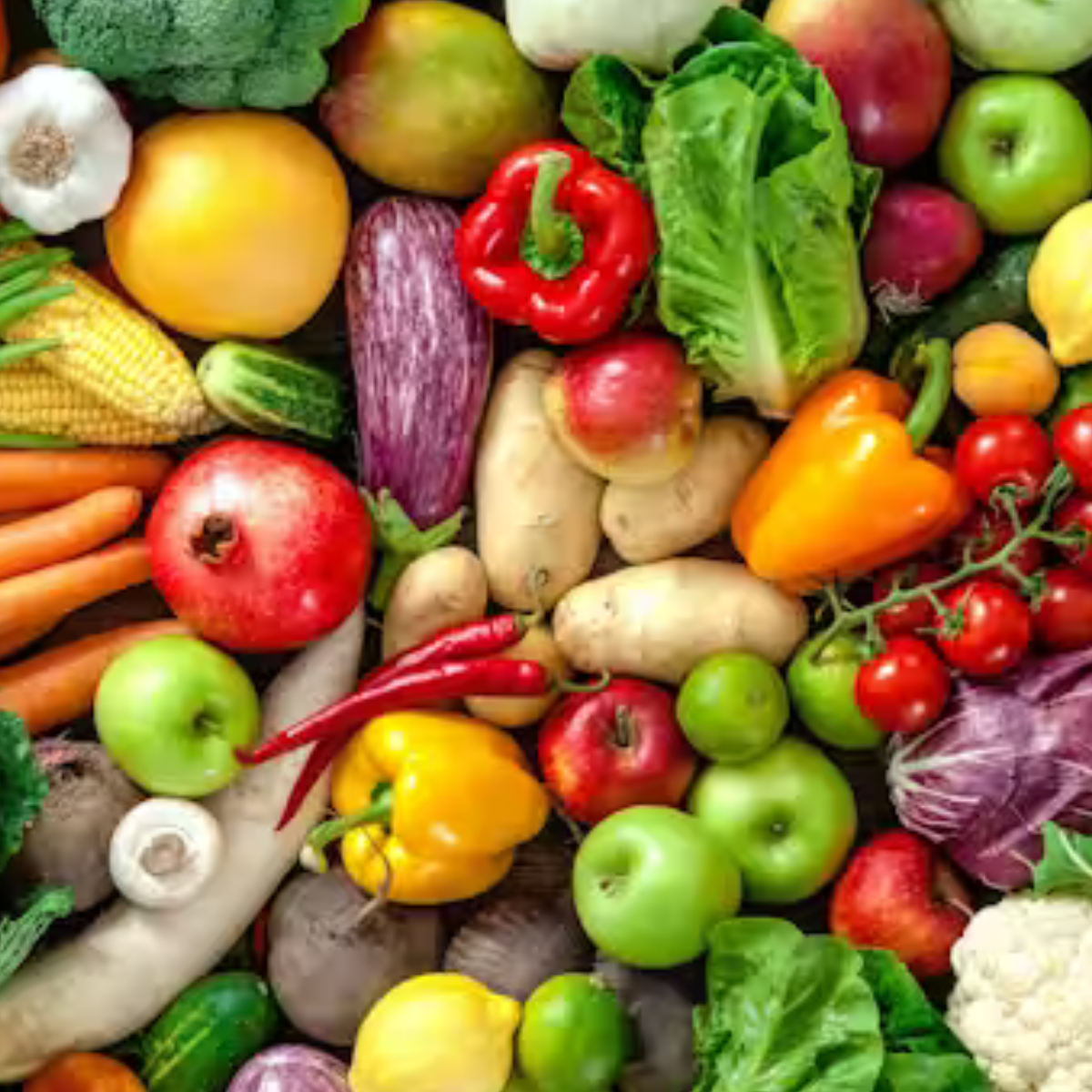By: Harriet Ijeomah
As we mark World Food Day 2024, the global community is called to action under the theme “Right to Food for a Better Life and a Better Future.” This theme underscores the essential human right to access affordable, sustainable, and nutritious food, which remains out of reach for millions worldwide. For Nigeria, one of Africa’s largest agricultural economies, this day serves as a moment of reflection and an urgent call to address the deep-rooted challenges within our food systems.
The State of Food Security in Nigeria
Nigeria, despite being blessed with abundant agricultural resources, remains at a critical juncture when it comes to food security. The Global Hunger Index 2023 ranks Nigeria 103rd out of 121 countries, reflecting a serious hunger situation in a nation where 70% of the population depends on agriculture for their livelihoods.
Recent data from the National Bureau of Statistics (NBS) highlights a troubling reality: over 25 million Nigerians are at risk of food insecurity. This includes nearly 1 in 4 Nigerian children under five who suffer from stunted growth due to malnutrition. The country’s rising inflation, driven by food price volatility, has worsened access to affordable food, particularly in rural areas where smallholder farmers face the brunt of climate change, poor infrastructure, and market inefficiencies.
The Role of Smallholder Farmers: Nigeria’s Untapped Potential
Smallholder farmers in Nigeria account for 80% of domestic food production. Yet, they remain marginalized by inadequate access to essential resources such as credit, improved seeds, fertilizer, and training. The 2022 Agricultural Performance Survey revealed that smallholder farmers’ yields have been stagnant or declining in recent years due to outdated farming practices and a lack of investment in modern agricultural technology.
Climate change has also hit these farmers hard, with increased flooding, desertification, and erratic rainfall patterns causing substantial crop losses. For example, in 2022, floods across northern Nigeria destroyed over 450,000 hectares of farmland, significantly contributing to national food shortages. With less than 10% of smallholder farmers using irrigation systems, the majority are left at the mercy of unpredictable weather conditions.
This highlights the urgent need to promote climate-resilient farming practices and provide better access to markets for smallholder farmers. By addressing these gaps, Nigeria has the potential not only to feed its people but to become a food basket for Africa.
A Wake-up Call for Nigeria: Addressing Food System Inequities
The theme of this year’s World Food Day demands that governments, stakeholders, and communities rethink their approach to food systems. For Nigeria, it means tackling several key issues:
- Access to Land: Despite policies aimed at land reform, most Nigerian smallholder farmers still operate on less than two hectares of land. Securing land rights, especially for women farmers—who make up over 60% of Nigeria’s agricultural labor force—remains a pressing issue.
- Post-Harvest Losses: The Food and Agriculture Organization (FAO) estimates that Nigeria loses 30-40% of its agricultural produce post-harvest due to poor storage and processing infrastructure. Investments in cold storage, transportation, and agro-processing can significantly reduce these losses, thereby increasing food availability and improving the livelihoods of millions of farmers.
- Market Access and Value Chains: Nigeria’s fragmented market systems limit the ability of smallholder farmers to get fair prices for their produce. Strengthening value chains and improving access to both local and international markets can transform the agriculture sector and drive economic growth.
- Investment in Research and Innovation: Nigeria’s agricultural sector is ripe for innovation. Advancements in biotechnology, irrigation systems, and climate-smart agriculture can increase yields and build resilience against climate change. However, investment in agricultural research and development remains low, at just 0.1% of GDP, compared to global benchmarks of 1-3%.
What Must Be Done
Nigeria’s journey towards ensuring the “Right to Food for a Better Life and a Better Future” requires a multi-pronged strategy involving policy reforms, private-sector investment, and grassroots mobilization.
- Strengthening Agricultural Policies: The Nigerian government needs to revisit its agricultural policies to ensure they are inclusive and address the needs of smallholder farmers. This includes providing subsidies for inputs like fertilizers and seeds, promoting land reforms, and supporting rural women farmers with access to credit and resources.
- Climate-Smart Agriculture: Integrating climate-smart practices such as conservation agriculture, agroforestry, and water harvesting into the national farming system can build resilience to climate change. The government should collaborate with research institutions and NGOs to roll out these initiatives at scale.
- Public-Private Partnerships: To reduce post-harvest losses and boost value chains, Nigeria must leverage public-private partnerships. Investment in modern storage facilities, agro-processing centers, and digital platforms that connect farmers to buyers will transform how agricultural products are stored, processed, and marketed.
- Empowering Smallholder Farmers: Promoting sustainable farming practices, providing access to finance, and supporting farmers’ cooperatives are key steps toward empowering smallholder farmers. This will enable them to increase their productivity, adapt to climate change, and access lucrative markets.
The Role of Harsco Global in Advancing Food Security
At Harsco Global, we have been dedicated to reporting on the pressing issues of agriculture and food tech, raising awareness of the challenges facing smallholder farmers, and advocating for sustainable solutions. We use our platform to amplify the voices of those working on the ground—farmers, innovators, and policymakers—ensuring that their stories inspire action.
By continuing to shine a light on the innovations and policies that can transform Nigeria’s food systems, we are committed to contributing to a future where every Nigerian has access to affordable and nutritious food.
Conclusion
World Food Day 2024 is not just a celebration but a wake-up call for Nigeria. Ensuring the right to food for all Nigerians requires immediate action, targeted investments, and collaboration across sectors. By supporting smallholder farmers, addressing food system inequities, and embracing sustainable agricultural practices, Nigeria can move closer to achieving food security and fulfilling the promise of a better life and a better future for all.





